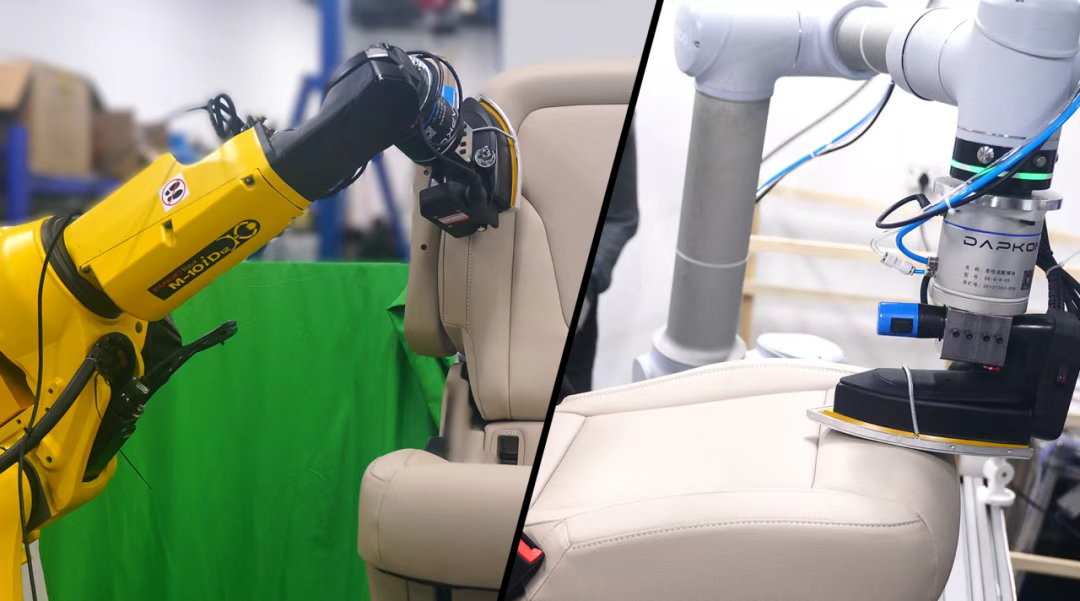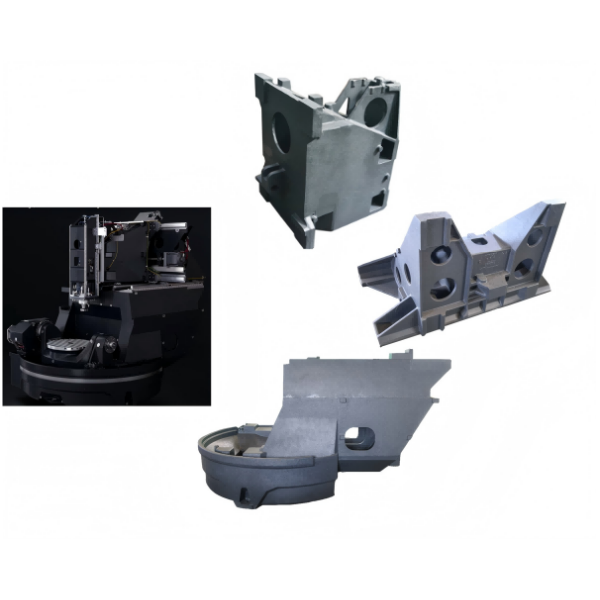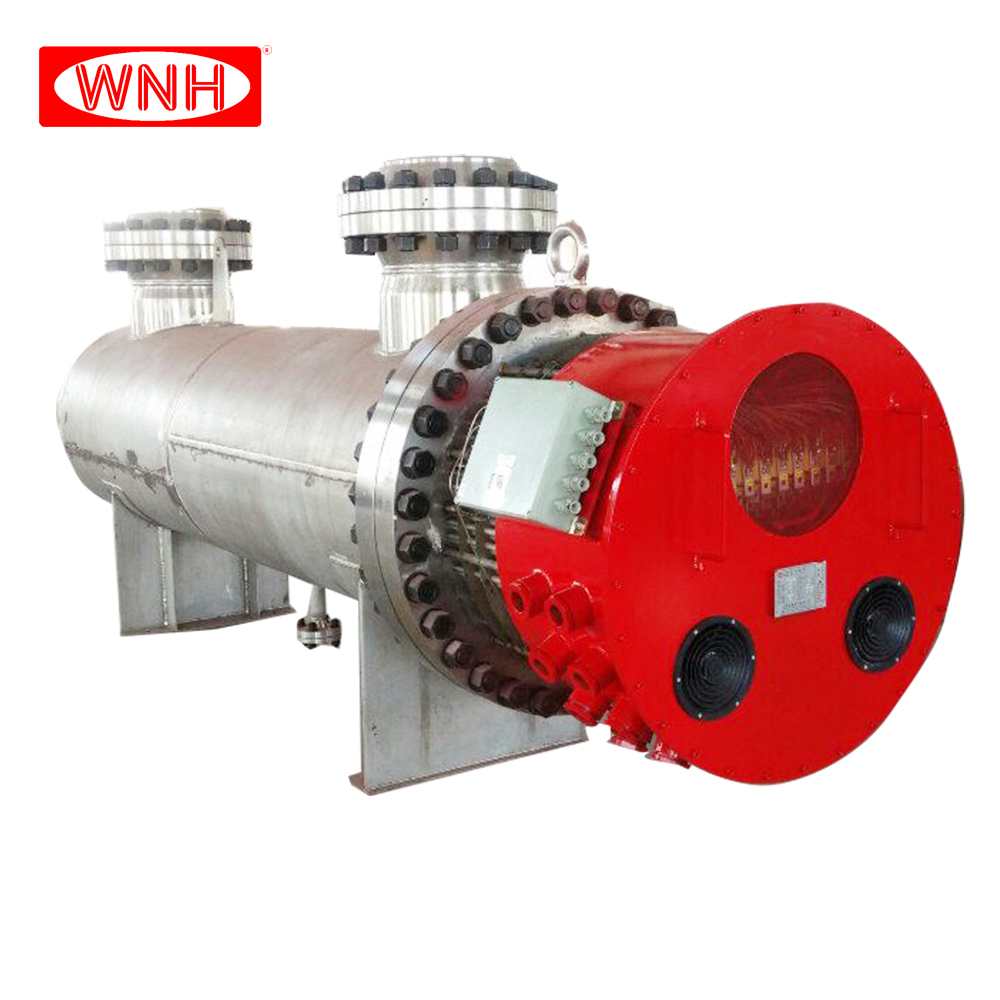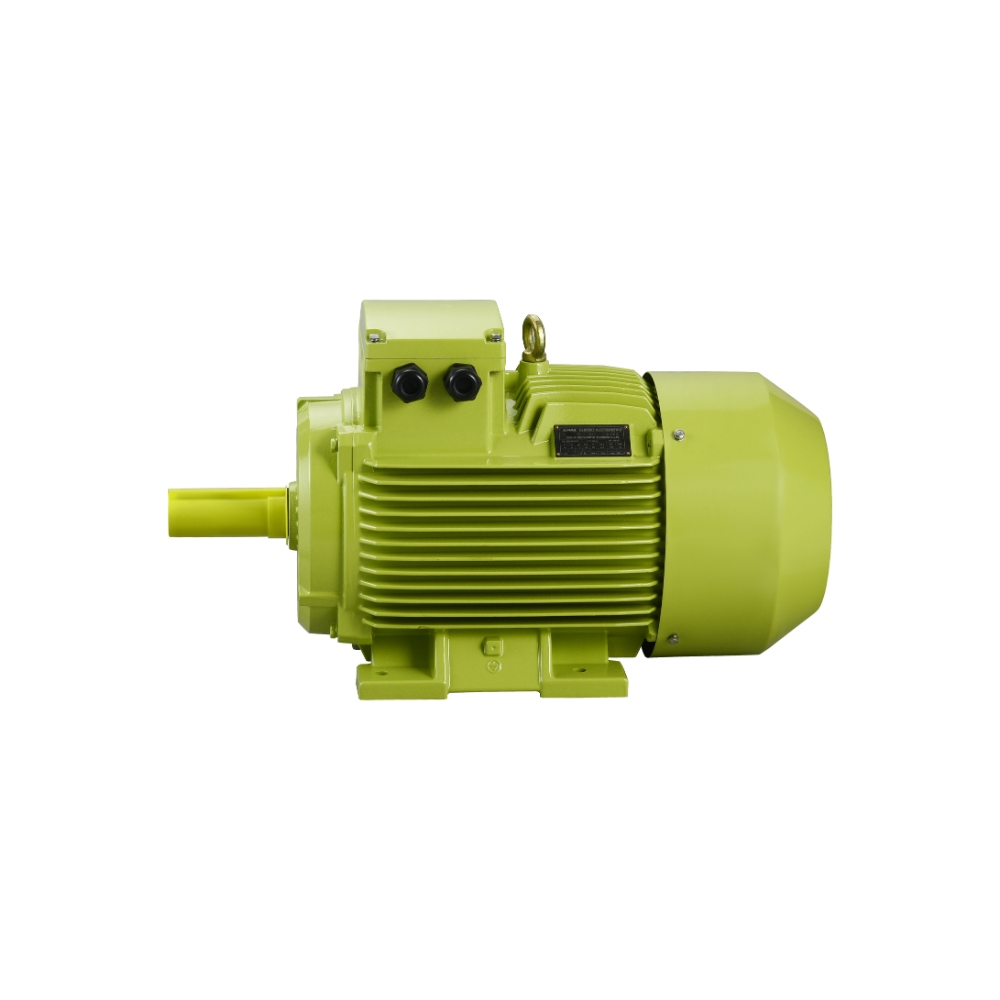As intelligent manufacturing continues to advance, flexible automation systems have become an important technical driving force in the field of precision instrument manufacturing. Especially in the precision instrument industry, which has extremely high requirements for assembly accuracy, efficiency and response speed, flexible automation systems are bringing unprecedented productivity innovation to enterprises with their characteristics of "fast switching, multiple varieties and small batches".
This article will deeply analyze the core role of flexible automation systems in precision instrument assembly, and explore its advantages, scenarios and future development trends in practical applications.
1. What is a flexible automation system?
A flexible automation system is an intelligent manufacturing system that can cope with changes in multiple varieties and automatically switch production tasks. It is usually composed of modules such as programmable controllers (PLCs), industrial robots, sensors, flexible tooling, conveying systems, and visual recognition systems, and has high adaptability and high reconfigurability.
This system is particularly suitable for non-standard assembly processes in precision instrument manufacturing, and can operate efficiently in production environments with frequent product changes and high assembly accuracy requirements.

2. Difficulties and challenges in the assembly of precision instruments
The assembly accuracy requirements are extremely high, and the error is often controlled at the micron level;
The product types are diverse and the updates are fast;
The component structure is complex and the process flow is unstable;
The requirements for environmental cleanliness and operational consistency are strict;
The reliance on manual work is large and it is difficult to standardize management.
It is difficult for traditional assembly methods to meet these requirements at the same time, so more advanced and flexible automation solutions must be introduced.
3. How does the flexible automation system enable the assembly of precision instruments?
Improve assembly accuracy
The flexible automation system is equipped with high-precision industrial robots and visual recognition systems to achieve micron-level operation error control. At the same time, the closed-loop feedback system continuously adjusts the assembly posture to ensure that each component is positioned correctly, greatly improving the overall assembly quality.
Shorten product switching time
Precision instrument products are updated quickly, and traditional production lines need to stop the line for a long time for debugging when changing models. The modular design and programmable characteristics of the flexible automation system enable it to quickly switch between different assembly tasks, significantly reducing switching time and debugging costs.
Achieve small batch and multi-variety assembly
The flexible automation system supports customized process arrangement and has the ability to cope with a variety of component combinations. It is very suitable for small batch and multi-variety assembly scenarios commonly seen in the field of precision instruments.
Ensure a clean assembly environment
In high cleanliness requirements, such as optical instruments and medical device assembly workshops, the flexible automation system avoids particulate contamination in manual operations and significantly improves the cleanliness and consistency of the production process.
Reduce manpower dependence and error rate
Through automatic system identification and feedback, the flexible automation system can significantly reduce human operation errors and reduce dependence on skilled workers, thereby improving product consistency and overall assembly efficiency.
4. Application scenarios
Flexible automation systems are increasingly widely used in the field of precision instruments. Typical scenarios include:
Optical instrument assembly: lens positioning and focusing module assembly during the assembly process of microscopes and laser rangefinders;
Medical device assembly: assembly of multiple tiny components in syringe pumps and electrocardiographs;
Electronic testing equipment: high-precision connection of complex circuit unit modules and interface components;
Measuring instrument production: positioning and alignment assembly of high-sensitivity sensors and chip modules.
5. Future Trends of Flexible Automation Systems
With the development of technologies such as AI, 5G, and the Industrial Internet, flexible automation systems are upgrading to a higher level of intelligent manufacturing. Specific trends include:
Adaptive control technology supports dynamic and precise adjustment;
Machine learning and big data analysis assist in optimizing assembly paths;
Enhanced inter-system collaboration capabilities build a flexible production line network;
Integrated application of higher cleanliness grade materials and processes.
The continuous evolution of flexible automation systems will make the manufacturing process of precision instruments smarter, more efficient, and more controllable.
Flexible automation systems not only change the traditional assembly methods of precision instruments, but also promote the entire manufacturing industry to upgrade to intelligence and flexibility. Its high precision, high response, and high adaptability are exactly in line with the stringent requirements of precision instrument assembly for quality, efficiency, and stability. When purchasing flexible automation systems, you need to consider the production requirements of the product, the complexity of assembly, and the flexibility of the production environment to ensure that the system can cope with changing production requirements. If you need to know more application cases or flexible automation systems customized solutions , please contact us. We are a professional flexible automation system company with many years of industry experience and can provide customized services according to the specific needs of customers.
www.dapkon.ai
Shanghai Dapkon Technology Co., Ltd.





